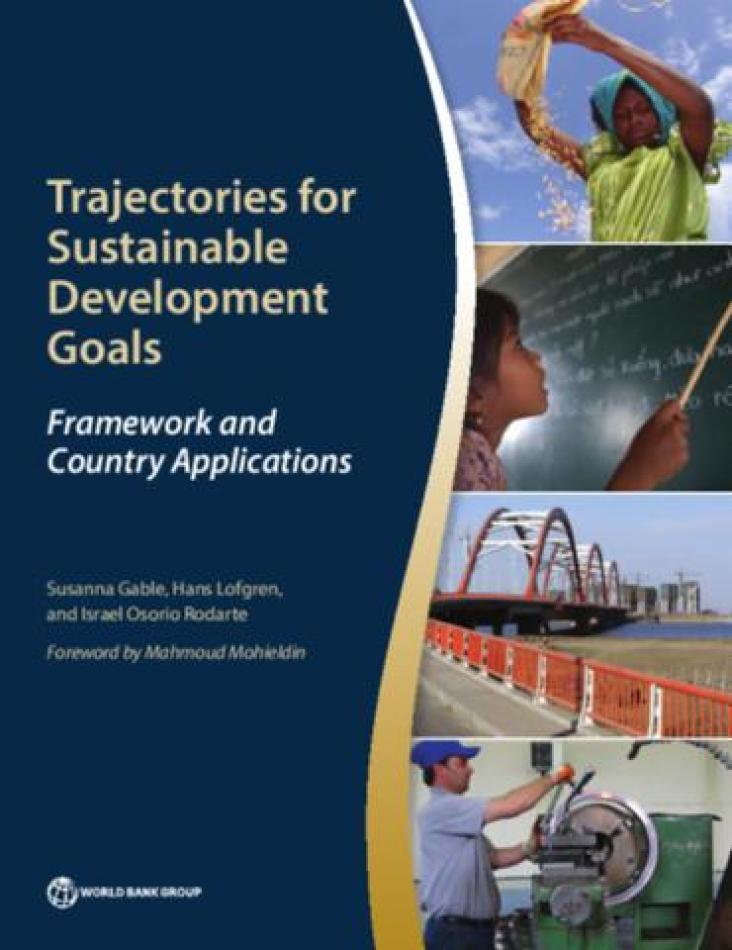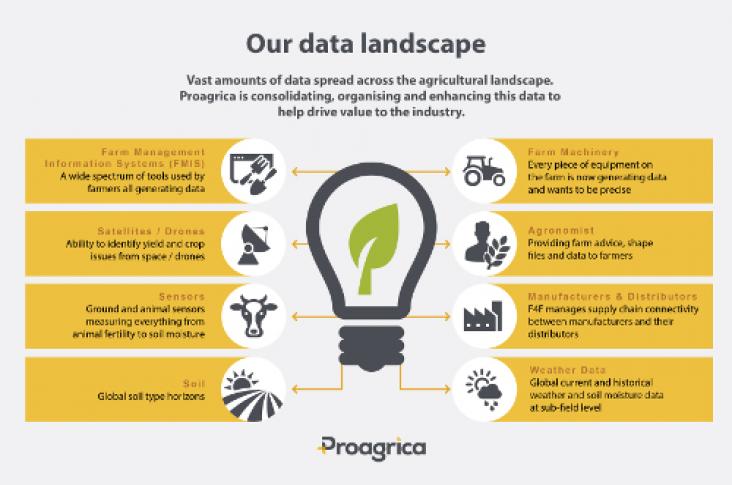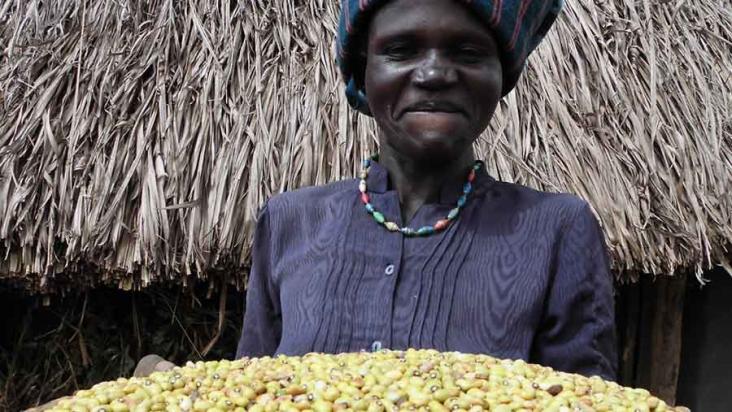
This book presents the country development diagnostics post-2015 framework, developed by the World Bank Group to assess the country-level implications of the post-2015 global agenda, as well as brief, ‘at-a-glance’ applications of the framework to ten countries: Ethiopia, Jamaica, the Kyrgyz Republic, Liberia, Nigeria, Pakistan, Peru, the Philippines, Senegal, and Uganda.

Proagrica has produced a White Paper report which sets out how its technology supports evidence-based production and the impact that will have on the world’s ability to feed the world sustainably. Driven by the power of big data to drive insights at farm level, solutions such as Proagrica will significantly advance SDG 2.4 to ensure sustainable food production systems and implement resilient agricultural practices that increase productivity and production.
The Blueprint for Business Leadership on the SDGs aims to inspire all business — regardless of size, sector or geography — to take leading action in support of the achievement of the Sustainable Development Goals (SDGs). It illustrates how the five leadership qualities of Ambition, Collaboration, Accountability, Consistency, and Intentional can be applied to a business' strategy, business model, products, supply chain, partnerships, and operations to raise the bar and create impact at scale. The Blueprint is a tool for any business that is ready to advance its principled approach to SDG action to become a leader. This chapter relates specifically to SDG 2.

Lucy Ajok, a 34 year old Ugandan farmer, gives Farmers Weekly an insight into her rural life. Lucy is a single mother of five children and lives on a three-acre farm practising mixed farming. Farming families dependent on family labour, like Lucy's, are typically the poorest in Uganda, and often have the additional challenge of HIV. This interview shares some of the challenges faced in achieving SDG 1 and SDG 2.
The role of agriculture in flood risk mitigation has been largely overlooked in the UK government’s national flood resilience review. Farm leaders are concerned that the review contains little mention of agriculture, rural communities or food security. This highlights the need to address flood risk mitigation holistically to support SDG 13.1 to strengthen resilience and adaptive capacity to climate-related hazards and natural disasters, and SDG 2.4 to implement resilient agricultural practices that strengthen capacity for adaptation to climate change, including flooding.
Israeli startup tech firm SuperMeat is attracting substantial crowd funding to support its development of chicken meat grown in a laboratory. This technological solution could open the door to an affordable and sustainable source of human food. Developing sustainable sources of conventional meat will contribute to the advancement of SDG 12.2 to achieve sustainable management and efficient use of natural resources in the food sector and address SDG 2 zero hunger.
This report offers a framework for principle-based collaboration between business, the UN, governments, civil society and other stakeholders in relation to soil management and the entire agricultural value chain. It directly supports SDG 2 and SDG 15.
Looking at how the Food and Agriculture Business Principles (FAB Principles) can advance Goal 2, Goal 12, Goal 14 and Goal 15
